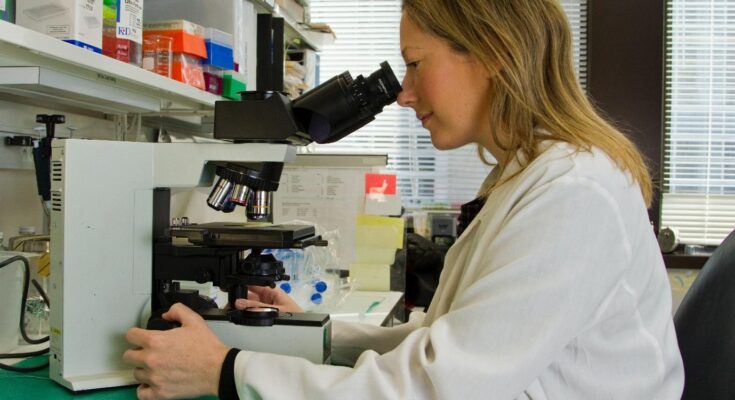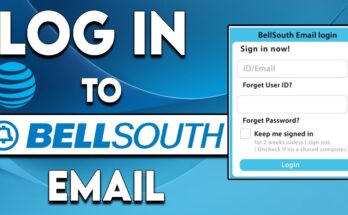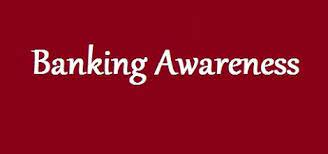You must be familiar with Part 40 regulations, the most recent version of the “DOT Urine Specimen Collection Procedures Guidelines,” and DOT agency rules that apply to the employers you will collect to qualify as a collector. According to DOT regulations, you must complete a qualification training program and a proficiency demonstration that is being watched.
The eligibility of a collector follows them wherever urine samples subject to DOT Agency regulation are collected; it is not location- or collection site-specific. Qualified collectors are not required to register or be on any lists maintained or sponsored by the federal government. Nevertheless, they must maintain records showing that their training and proficiency demonstration requirements were completed (for Federal inspection).
Outlined are ways to be a certified dot drug collector.
1. By attending a qualification training program
The DOT expects trainers to base their curricula on DOT regulations and the most recent edition of the DOT publication, “Urine Specimen Collection Guidelines,” even though the Department has not yet published a curriculum for training in urine collection.
Significantly, you must include the following components in the qualification training:
- Knowledge about Part 40 collection procedures,
- How to correctly fill out a federal collection form (Custody and Control Form, or CCF),
- All the steps necessary to conduct a proper collection,
- How to handle problem collections,
- Information about fatal and correctable flaws in supplies and collection paperwork.
Anyone can provide the training qualification mentioned above. Also, the trainer does not have to be an experienced or qualified collector, nor do they have to be the same person who supervises the proficiency demonstration (such as in an internet course, for example). The course material may be delivered via video, computer programs, the internet, video conference, or other equivalent means. Furthermore, there is no time limit for this portion of the training.
Although an examination is not required, it is recommended that the course include means of ensuring that the information has been successfully learned to demonstrate compliance with the qualification training requirement.
2. What documentation must I keep to show that I’m qualified?
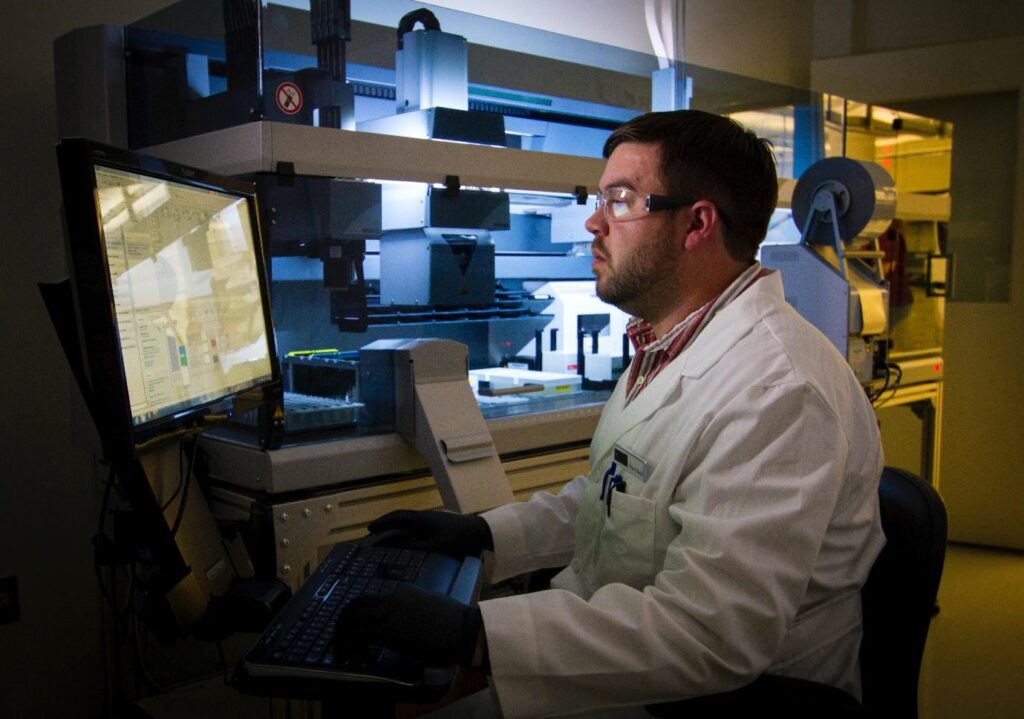
After completing the course, most organizations/trainers should provide you with a certificate. Additionally, a dot collector must be prepared to demonstrate to DOT Agency inspectors, employers, and employer-designated service agents (such as C/TPAs) that he is currently eligible to collect DOT specimens.
3. What should be the content of the collector proficiency demonstration, and who can conduct it?
After completing the qualification training program, the aspiring collector must complete five consecutive error-free mock collections under the direct supervision of a qualified monitor.
In any order, the five mock collections must include the following types of collections:
- 1 covering a temperature out of range,
- 1 covering a refusal to sign the CCF paperwork
- Two uneventful/routine,
- 1 covering an insufficient quantity of urine
These spoof collections resemble an actual event, with someone acting as the donor. The collections must be directly observed in real-time by the instructor or capable of being monitored in real-time via a video link or equivalent, and direct interaction between instructor and trainee must be permitted.
A “checklist” during the mock collections would be acceptable if it was part of the collector’s training and was to be used in real-life collections.
The proficiency monitor/evaluator must be a qualified collector conducting DOT collections for at least a year, have been conducting Part 40 collector training for at least a year, or complete a train-the-trainer course. This person must also provide written confirmation that the mock collections were error-free.
4. What background do I need to become a Specimen Collector for DOT drug testing?
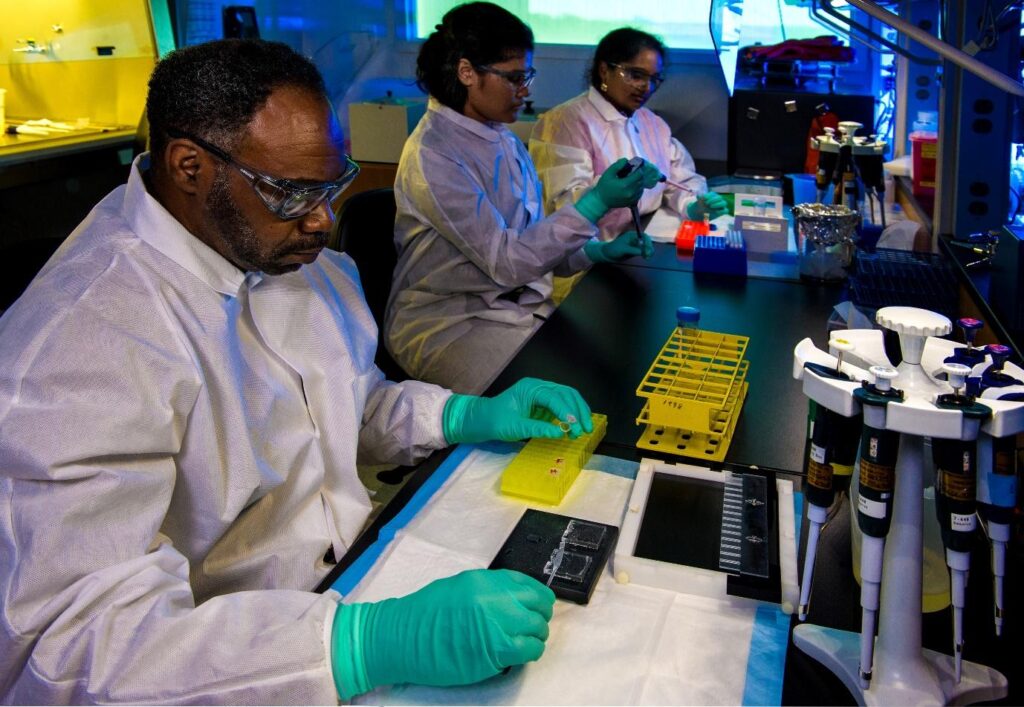
Professional Specimen Collectors are not required by the Department of Transportation (DOT) to have any specific background or education before being trained as a Specimen Collector.
Although no medical experience is needed, individuals with additional certification in the healthcare field typically have an advantage when looking for work as a Specimen Collector. The employer (usually a clinic or healthcare facility) can use the employee’s other healthcare skills when they are not performing specimen collections (such as X-ray technicians, phlebotomists, and Medical Assistants).
Also, after completing the necessary training, you may decide to start your own drug testing business or sell your services to companies. It was a business decision to become a collector. As a result, you will need to expand your business following your business model/plan. Transportation trade shows, the internet, and local phone books are all excellent places to start looking for DOT-regulated clients.
5. Do I have to go through refresher training?
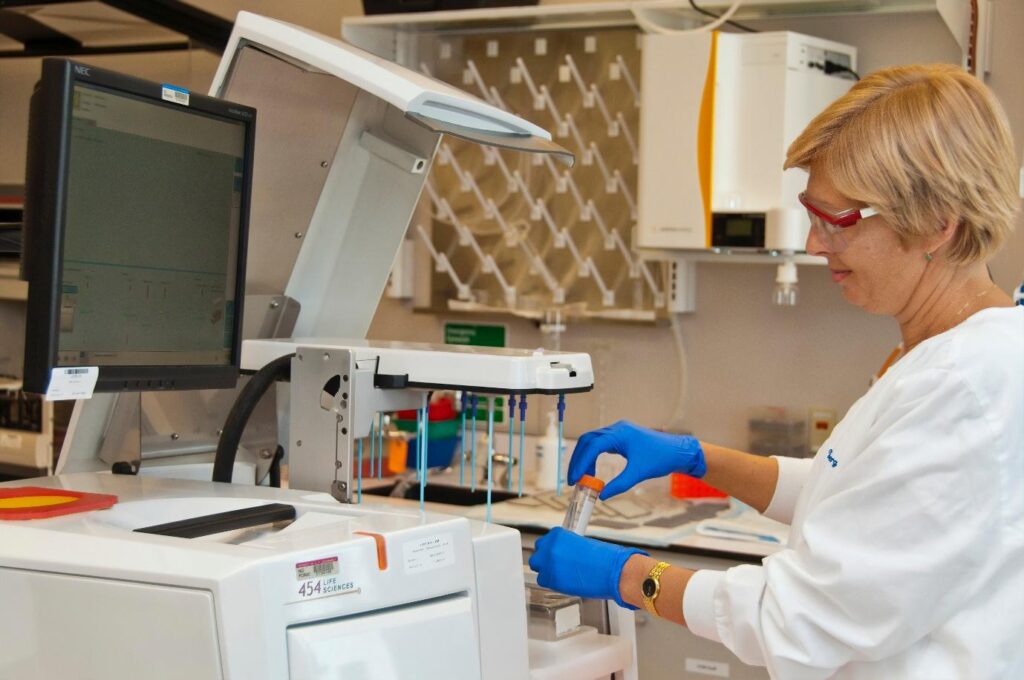
Each qualified collector must receive refresher training every five (5) years to continue collecting DOT specimens. The refresher training must cover the same or similar topics as your initial training and proficiency demonstration. Significantly, you are expected to keep up to date on any changes to DOT regulations and not wait for refresher training to learn about them.
Bottom Line
Becoming a Specimen Collector for DOT drug testing can be a rewarding career, but it is not without its frustrations and risks. It is relatively simple to enter the profession if you obtain the necessary training. The Specimen Collector Training Course from Certified Training Solutions can assist you in taking the first steps toward getting the most comprehensive, professional training available in the industry.
Guest Post Service By www.guestarticlehouse.com

